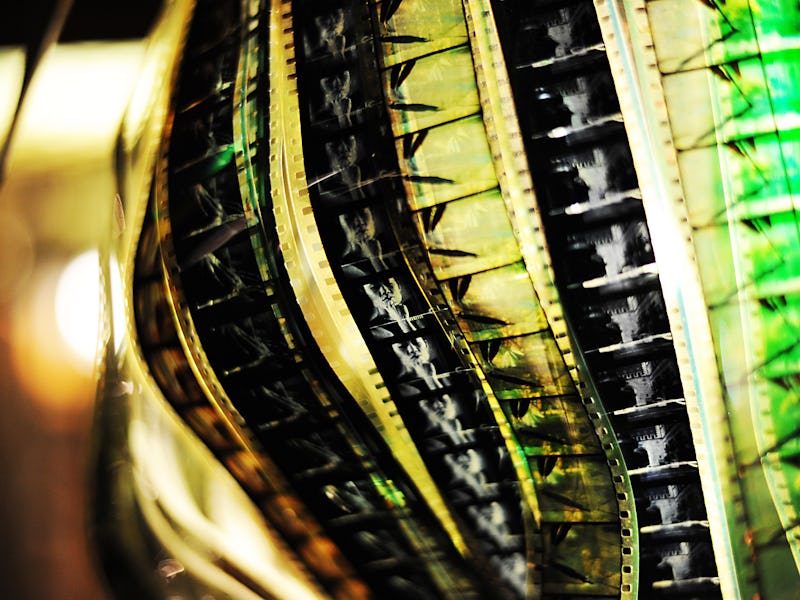New Human Consciousness Theory Resolves Zeno's Paradox, Posits Life Is a Film
Time can be broken into infinite parts, but we can't experience all of them.

A new study out of the Ecole Polytechnique Fédérale de Lausanne posits a very interesting idea of human consciousness: Rather than experiencing the world continuously, humans must observe discrete moments flashing past at a slightly variable pace. The best metaphor for life, if the groundbreaking meta-study proves out, is clearly a film. And that idea may help resolve some ancient issues.
The theory offers rare progress in the study of human perception and goes a long way toward resolving an ancient puzzle. Zeno’s Paradox, which suggests that it is possible to experience an infinite number of things in a finite amount of time, has long made the borderlands between physics and psychology a confounding swamp of contradictory ideas. The paradox still stands, but the French may have just given humans a way to circumnavigate the muck.
Zeno of Elea was a head case famous for positing baffling ideas. His most well-known paradox was meant to illustrate that change is fundamentally impossible. It goes like this. Say a warrior is chasing a turtle. The warrior is fast so he’s going to catch up. It’s not long before he halves the difference between himself and the turtle. Then he halves it again. He keeps doing that, but because he only ever halves a distance, he never quite reaches the turtle. He just gets very close. The infinite reducibility fractions keeps the turtle out in front.
Zeno's paradox, like the new model of consciousness, argues that it's impossible to experience an infinite number of things in a finite amount of time.
The consciousness study, published this week in PLOS Biology, like Zeno’s Paradox, also concerns itself with the speed of individual progress. We’re actually only conscious in 400-millisecond intervals, the researchers write. In the gaps between those intervals, we’re unconscious. In a sense, this idea tracks well with Zeno’s Paradox because it suggests we can’t process an infinite amount of conscious information in a finite amount of time. But it actually resolves the paradox from a consciousness perspective because it suggests that there are no infinite experiences and that — to the human mind — fractions aren’t endlessly reducible. We experience finite amounts of time and that time moves forward. The warrior experiences the act of catching the turtle because he can’t experience the sprawling infinite of divided time.
The paradigm of consciousness put forth by the EPFL psychiatrists isn’t entirely the result of Zeno-style philosophizing. They’d pored over data from multiple studies in the field — people have been asking whether consciousness was continuous or discrete for a long time — and concluded that the latter had to be true, and they go on to explain why in their paper.
The brain, they write, takes in discrete “scenes” in two steps. In the first unconscious stage, our brains passively take in specific features from the world we perceive at a rapid pace. In the second stage, processing is complete, and the brain simultaneously presents all of those details we just took into our consciousness, thereby producing the final “scene.” This two-step process — it’s the first time anyone in the field of consciousness has ever suggested it — takes about 400 milliseconds. And that process continues to produce scenes, frame by frame, as long as you’re conscious. This suggests we experience life as a series of finite events.
Ultimately, the study argues that the warrior can catch the turtle, but he can’t catch reality, which will endlessly remain ahead of his perception.